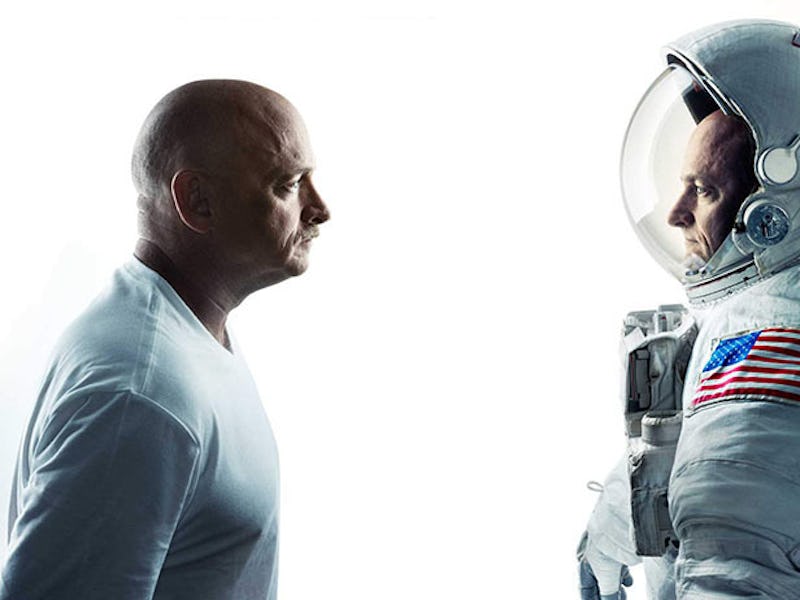Why NASA's Scott Kelly Hails Space Travel as the "Fountain of Youth"
Forever young, sort of.

Former NASA astronaut Scott Kelly became a space travel legend when he spent 340 days aboard International Space Station back in 2016.
It’s well known that long stints in space can have some pretty adverse effects on the human body, like muscle entropy or bone density loss. But a NASA experiment revealed that Kelly underwent what appears to be age reversal during his time aboard the ISS.
The NASA Twin Study examined how Kelly’s body reacted to being in space for so long by comparing his bodily samples and various scans to his those of his identical twin brother Mark. The other Kelly is also an astronaut, but he remained on Earth while Scott was in space.
Join our private Dope Space Pics group on Facebook for more strange wonder.
When looking at their blood samples, scientists noted a significant difference in Scott’s telomeres — a compound found at the ends of white blood cells that shrink the older a person gets.
“The telomeres are the things that are in our chromosomes that are indications of our physical age, so as we age, they get shorter – mine got longer in space,” Kelly told Fox News. “So it was a little bit like the fountain of youth – unfortunately when I got back down to Earth they went back down to where they were.”
A NASA press release summarizing the blood study linked this to Scott’s lifestyle while he was on the ISS. The astronaut had a daily exercise routine and reduced levels of caloric intake, which could have caused these signs of age reversal. However, Kelly’s telomeres shortened again.
This means that if you want to be forever young in space you’ll have to pick up a rigorous exercise routine and diet. That sounds a lot like the secrets to living longer down here on Earth, minus the sick view.